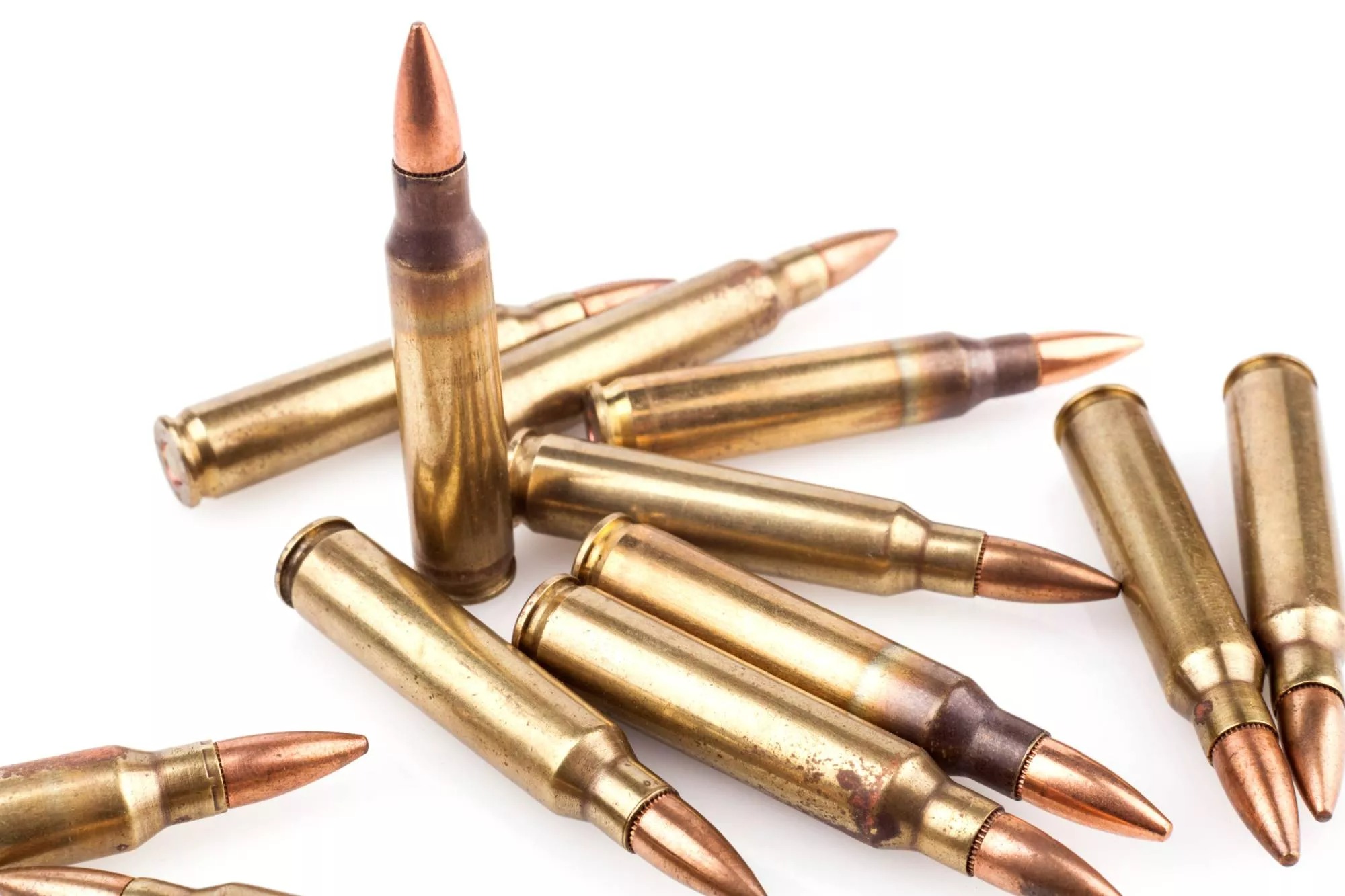The ammunition manufacturing industry is a crucial component of both national defense and commercial firearms markets. Ammunition manufacturers produce a wide variety of ammunition types, ranging from military-grade bullets to civilian cartridges, hunting rounds, and specialty rounds for law enforcement. This article will dive into the types of ammunition, explore the leading manufacturers, and discuss factors shaping the industry today.
What is Ammunition?
Ammunition is a term used for projectiles, such as bullets or shells, as well as their accompanying explosive charges. These products are manufactured in different forms, each designed for specific applications, including military, law enforcement, hunting, sporting, and recreational use.
The primary types of ammunition include:
- Small-caliber ammunition: Used in handguns, rifles, and shotguns for both civilian and military use.
- Medium- and large-caliber ammunition: Primarily for military applications in tanks, artillery, and naval guns.
- Specialty ammunition: Used for specific purposes, such as non-lethal rounds in law enforcement and tracer or incendiary rounds for military applications.
Key Global Ammunition Manufacturers
The ammunition manufacturing industry is highly competitive and regulated, with a mix of government-owned, private, and publicly traded companies dominating the market. Here’s a look at some of the major players globally:
1. Northrop Grumman Corporation (United States)
Northrop Grumman is a prominent defense contractor producing a range of ammunition, from small arms cartridges to larger ordnance. Their Ammunition Handling Systems business supports military operations by supplying advanced, reliable munitions.
2. BAE Systems (United Kingdom)
BAE Systems, one of the world’s largest defense and aerospace companies, produces an extensive range of munitions for military use. Their portfolio includes small arms, medium and large caliber ammunition, and precision-guided munitions.
3. FN Herstal (Belgium)
FN Herstal is a global leader in small arms and ammunition manufacturing, serving military, law enforcement, and commercial markets. Known for high-quality products, they offer a wide range of small-caliber ammunition for pistols, rifles, and machine guns.
4. General Dynamics Ordnance and Tactical Systems (United States)
General Dynamics produces ammunition for military and law enforcement, specializing in medium and large-caliber ammunition, explosives, and missiles. Their extensive production capabilities make them a key supplier for the U.S. military.
5. Rheinmetall AG (Germany)
Rheinmetall is a leading supplier of medium- and large-caliber ammunition for military applications. The company also specializes in advanced ammunition solutions, including armor-piercing and high-explosive rounds.
6. Vista Outdoor (United States)
Vista Outdoor is well-known in the commercial ammunition market, owning popular brands like Federal Premium, CCI, and Speer. Their products are widely used for civilian shooting sports, hunting, and self-defense.
7. Thales Group (France)
Thales produces ammunition through its subsidiary, TDA Armements. They specialize in medium-caliber munitions, anti-tank ammunition, and high-precision guidance systems.
8. Rosoboronexport (Russia)
As the primary arms exporter for Russia, Rosoboronexport manufactures a full range of ammunition for global export, including small arms, tank shells, and naval ordnance.
Factors Impacting the Ammunition Manufacturing Industry
1. Geopolitical Tensions
Geopolitical tensions and defense spending directly impact the demand for military ammunition. As countries invest in defense, manufacturers often receive increased orders for military-grade ammunition, especially in times of conflict or heightened security concerns.
2. Regulatory Environment
Ammunition production and sales are subject to stringent regulations, especially in the civilian market. Manufacturers must adhere to export control laws, environmental regulations, and safety standards. Compliance with these laws can affect production costs and market access.
3. Technological Advancements
Advances in ammunition technology, such as guided projectiles, non-lethal ammunition, and environmentally friendly rounds, are reshaping the industry. Manufacturers investing in R&D to produce more accurate, efficient, and safer ammunition are likely to lead in innovation-driven markets.
4. Civilian Demand and Firearms Ownership
In regions where civilian firearms ownership is prevalent, such as the United States, demand for ammunition remains high. Many manufacturers cater to the commercial market with products for self-defense, hunting, and shooting sports, impacting production volumes.
5. Raw Material Availability
The manufacturing of ammunition relies on various raw materials, such as brass, copper, and lead. Supply chain disruptions or fluctuations in raw material prices can significantly affect production costs and product pricing.
Challenges Facing Ammunition Manufacturers
1. Environmental and Safety Concerns
Lead-based ammunition poses environmental hazards, leading to increased regulation and the development of lead-free alternatives. Additionally, manufacturing ammunition presents safety challenges, as explosive materials require strict handling and storage protocols.
2. Intellectual Property and Counterfeit Products
Protecting proprietary ammunition designs and avoiding counterfeit products are major challenges in the industry. Manufacturers rely on patents and trademarks to safeguard their products, while counterfeiting presents safety and brand reputation risks.
3. Political and Economic Factors
Political decisions can shape the market, especially in countries with varying regulations on firearm and ammunition ownership. Economic shifts also influence purchasing power, affecting both military and civilian markets.
Future Trends in Ammunition Manufacturing
1. Eco-Friendly Ammunition
The push for sustainability has led to the development of eco-friendly ammunition, including lead-free bullets and biodegradable materials. This trend is expected to continue as environmental regulations become more stringent.
2. Smart Ammunition and Guided Rounds
Smart ammunition, designed with advanced guidance systems, allows for increased precision. These rounds are particularly valuable in military applications where accuracy reduces collateral damage. Companies are investing in technologies that allow rounds to alter their trajectory or detonate upon reaching a target.
3. Expansion in Civilian Markets
The civilian market for self-defense and recreational shooting continues to grow, particularly in regions with high gun ownership rates. Manufacturers are expected to expand their product lines to meet this demand, particularly with specialty rounds for hunting and sport shooting.
Conclusion
Ammunition manufacturing is a complex and highly regulated industry with far-reaching implications for national security, civilian defense, and sporting activities. The industry is dominated by global companies that prioritize safety, innovation, and compliance with environmental and regulatory standards. As technological advancements continue to reshape the sector, manufacturers are likely to focus on developing more efficient, precise, and eco-friendly ammunition solutions.




